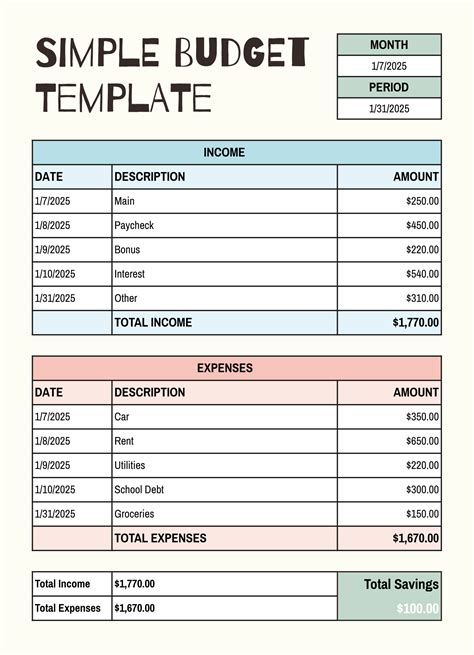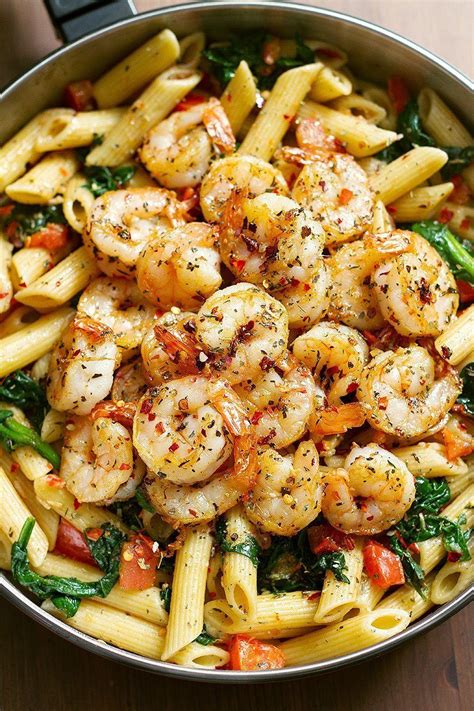Fueling Your Recovery: Smart Choices on a Budget
After pushing your limits in the gym, what you put into your body is just as crucial as the workout itself. For men, optimizing post-workout recovery isn’t just about feeling better; it’s about maximizing muscle repair, replenishing energy stores, and preparing for the next session. While many expensive supplements flood the market, effective and budget-friendly whole foods can achieve superior results. The key lies in understanding the synergy between carbohydrates and protein.
Understanding Post-Workout Nutritional Needs
Immediately following exercise, your muscles are like sponges, ready to absorb nutrients. This ‘anabolic window’ is prime time for two main goals: replenishing glycogen stores (your body’s primary energy source) and providing amino acids for muscle protein synthesis (repairing and building muscle tissue). Neglecting these post-workout essentials can hinder progress, increase recovery time, and leave you feeling fatigued.
For men, whose typical muscle mass and training intensity might be higher, these needs are amplified. Fortunately, mother nature provides an abundance of cost-effective solutions.

Carbohydrates: Your Energy Replenishment Powerhouse
Post-workout, fast-acting carbohydrates are essential to quickly refill depleted glycogen stores. This prevents your body from breaking down muscle tissue for energy and kickstarts the recovery process. Opt for options that offer good nutritional value beyond just simple sugars:
- Oats: Inexpensive and versatile, oats provide complex carbohydrates that sustain energy and aid digestion. A bowl of oatmeal post-workout is a classic for a reason.
- Bananas: A perfect grab-and-go option, bananas offer easily digestible carbs, potassium (vital for electrolyte balance), and natural sugars for quick energy.
- Rice (White or Brown): White rice is a rapid glycogen replenisher, while brown rice offers more fiber for sustained energy later. Both are incredibly budget-friendly staples.
- Potatoes (Sweet or White): Packed with carbohydrates and micronutrients, potatoes are an excellent and affordable choice for energy recovery.

Protein: The Muscle Repair and Building Block
To repair muscle damage and stimulate new growth, a steady supply of amino acids from protein is non-negotiable. Don’t fall for the myth that protein needs to be expensive. Many common foods offer excellent protein-to-cost ratios:
- Eggs: The incredible edible egg is a complete protein, offering all essential amino acids, along with vitamins and healthy fats. Boil them, scramble them, or make an omelet.
- Canned Tuna/Salmon: Packed with protein and often omega-3 fatty acids, canned fish is a super convenient and affordable protein source.
- Legumes & Lentils: Beans, lentils, and chickpeas are protein powerhouses, especially when combined with grains to form a complete protein. They’re incredibly cheap and versatile.
- Dairy (Cottage Cheese, Milk, Greek Yogurt): High in casein and whey protein (milk), cottage cheese and Greek yogurt provide a sustained release of amino acids, perfect for recovery.

Smart Combinations for Optimal Impact
The magic happens when you combine these budget-friendly carb and protein sources. Aim for a ratio of approximately 2:1 or 3:1 carbohydrates to protein for optimal recovery. Here are some examples:
- Oatmeal Power Bowl: Cooked oats with a scoop of protein powder (if budget allows), sliced banana, and a drizzle of honey or a handful of berries.
- Rice and Beans with Eggs: A classic for a reason! Cooked rice and black beans topped with a couple of fried or scrambled eggs. Add some salsa for flavor.
- Tuna Sandwich/Wrap: Canned tuna (mixed with a little Greek yogurt or light mayo) on whole-wheat bread or in a tortilla with some lettuce and tomato.
- Cottage Cheese & Fruit: A simple yet effective snack of cottage cheese paired with a banana or apple.
Hydration: The Often-Forgotten Fuel
Beyond macros, don’t underestimate the power of water. Dehydration significantly impairs performance and slows recovery. Drink plenty of water before, during, and after your workout. For longer or more intense sessions, a pinch of salt in your water can help replenish electrolytes lost through sweat, making it a homemade and budget-friendly alternative to sports drinks.
![Happy Hour In Kansas City Near Me [31 Menus Updated Dec 2024]](/images/aHR0cHM6Ly90czMubW0uYmluZy5uZXQvdGg/aWQ9T0lQLkh5aXpDU1B4cUN1OGxpQTEyVlE3d3dIYUZsJnBpZD0xNS4x.webp)
Practical Tips for Budget-Savvy Fueling
To consistently stick to a budget-friendly recovery plan, consider these practical strategies:
- Meal Prep: Dedicate a few hours each week to cook large batches of grains (rice, oats) and protein sources (boiled eggs, cooked chicken breasts or legumes). Portion them out for quick post-workout meals.
- Buy in Bulk: Staples like oats, rice, pasta, and dried beans are much cheaper when bought in larger quantities.
- Cook at Home: Eating out, even at fast-food joints, is almost always more expensive and less nutritious than preparing your own meals.
- Shop Sales: Keep an eye out for discounts on lean meats, dairy, and produce.

Conclusion
Optimizing post-workout recovery and energy doesn’t require a hefty budget. By focusing on whole, unprocessed foods rich in carbohydrates and protein, men can effectively repair muscles, refill energy stores, and support overall fitness goals. Embrace budget-friendly champions like oats, bananas, eggs, and legumes, combine them strategically, and stay well-hydrated. Your body (and your wallet) will thank you.




